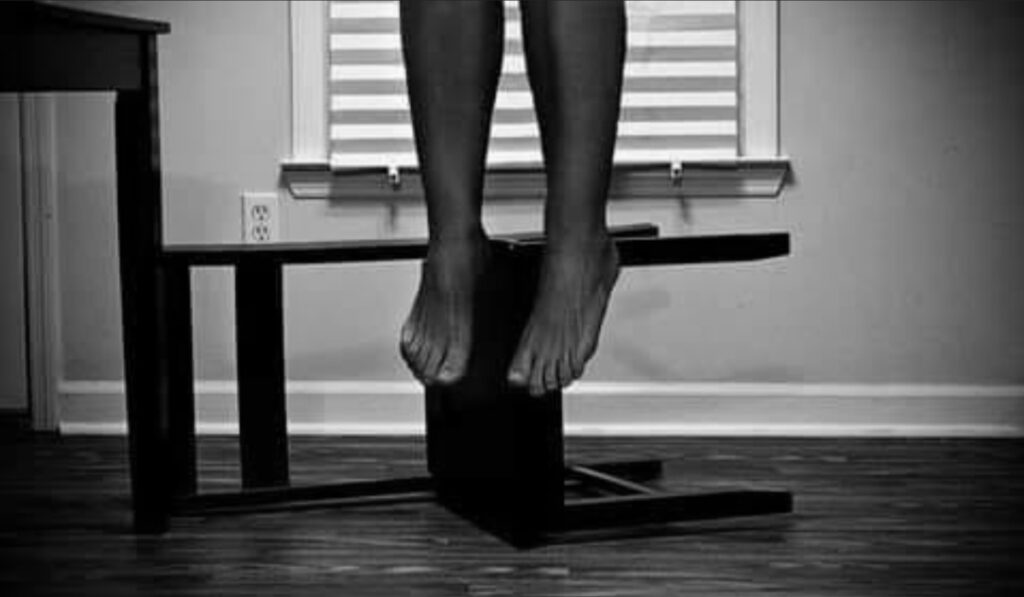The deceased’s wife discovered him dead, with his body hanging against the wall, according to police.

Abeokuta – A 32-year-old man named Olúwaṣeun Shorinola has committed suicide in the Kémta area of Abeokuta, the Ogun State, South-West Nigeria, police said.
The incident occurred at about 10 pm on Wednesday, according to a local news outlet, The PUNCH.
“On August 28, 2024, Temitope Oguntade reported at the Kémta Police Division that she received a call from Tajudeen Aremu that her immediate brother was found dead by his wife,” said Omolola Odutola, spokeswoman for the Ogun State Police Command.
“A team of policemen was dispatched to the scene. Upon arrival, Shorinola was found dead, with his body hanging against the wall, which shows that the man committed suicide. The body was brought down.
“The family insisted that they wanted to take the body away for burial instead of taking it to the mortuary for autopsy. We are monitoring the situation.”
The reason behind the action has not been established.
Nigeria has seen an upsurge in suicide cases recently, some health experts have blamed the biting economic hardship and hunger.
Nigeria is facing its worst economic crisis in decades, with skyrocketing inflation, a national currency in free-fall and millions of people struggling to buy food. Only two years ago Africa’s biggest economy, Nigeria is projected to drop to fourth place this year.
The pain is widespread. Unions strike to protest salaries of around $20 a month. People die in stampedes, desperate for free sacks of rice. Hospitals are overrun with women wracked by spasms from calcium deficiencies.
Although President Bola Tinubu increased the minimum wage — after strike action and months-long negotiations with labour unions — from N30,000 to N70,000, his government has increased spending for officials at a time of nationwide starvation.
For workers earning the new N70,000, or $43, per month minimum wage, capricious inflation and naira value have inflicted too much damage for the changes to make any difference in their lives.
The crisis is largely believed to be rooted in two major changes implemented by Mr Tinubu, elected 14 months ago: the partial removal of fuel subsidies and the floating of the currency, which together have caused major price rises.
Earlier in August, Amnesty International accused Nigerian security forces of killing at least 21 protesters during a week of economic hardship protests.
Police and other security agencies clamped down on protests after thousands of people joined rallies against government policies and the high cost of living from August 1st to 10th.
Security forces denied responsibility for deaths during the protests.
A nation of entrepreneurs, Nigeria’s more than 200 million citizens are skilled at managing in tough circumstances, without the services states usually provide. They generate their own electricity and source their own water. They take up arms and defend their communities when the armed forces cannot. They negotiate with armed kidnappers when family members are abducted.
But right now, their resourcefulness is being stretched to the limit.
